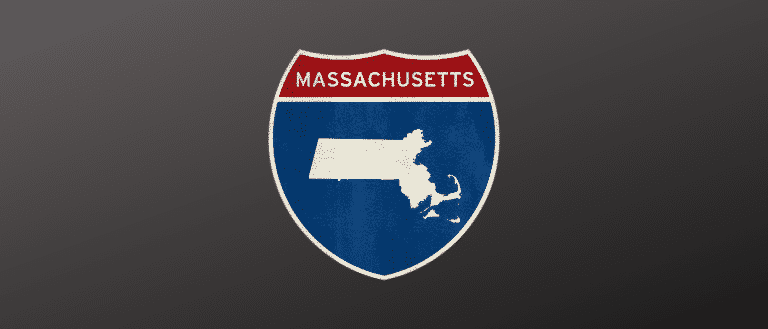Massachusetts Sports Betting Bill Advances, But It’s Far From A Done Deal

After hours of delays and backroom wrangling, a bill legalizing sports betting passed the Massachusetts House of Representatives by what turned out to be an anticlimactic margin of 156-3.
Despite lawmakers proffering some 28 amendment proposals to the Massachusetts sports betting bill, the legislation (a conglomeration of around a dozen sports betting bills) remains essentially unchanged from our previous reporting.
There are three licensing categories:
- Category 1 – Casinos with up to three mobile brands
- Category 2 – Racetracks (including simulcast) with not more than one mobile brand
- Category 3 – Mobile-only operators
Licensing fees are $5 million, with retail sports betting taxed at 12.5% and online wagers at 15%.
Betting on college sports is allowed, but only pre-game wagers on the outcome of the games.
A Quick Look at a Quartet of Amendments
One approved amendment, to clarify the relationship (or in this case, non-relationship) between Category 3 licensees and Category 1 and 2 Licensees reads, “Nothing in this chapter shall require a category 3 licensee to partner with or have any commercial relationship with a category 1 or 2 licensee.”
Two amendments created studies to examine the feasibility of:
- Amendment 2 – professional sports teams or their designees, or professional sports facilities offering sports wagering through mobile applications or other digital platforms, or in-person at a facility that hosts professional sports in the commonwealth.
- Amendment 3 – allowing retail locations in the commonwealth to operate sports wagering kiosks.
Another approved amendment that would have prohibited the use of credit cards was altered to read, “sports wagering operator licensees shall display warnings prominently in person and on mobile applications and digital platforms related to the use of credit cards and cash advances.”
The Next Steps
Passage in the Massachusetts House was expected, but the debate will now move over to the more gambling-resistant Massachusetts Senate.
The Senate has its own sports bill, S 269, that will serve as the framework for its version of sports betting legislation, but when, and even if, the Senate will take up the issue is unclear.
Sen. Eric Lesser, the sponsor of the Senate sports betting bill, was optimistic, in recent comments, but the caveats in his positive statements from a Statehouse News Service article (paywall):
“ready to do this — if it’s done the right way.”
“the Senate will, may or may not take something up in the near future.”
With a summer break looming, the issue could go back on the shelf for the foreseeable future, although Lesser has hinted at a late 2021 launch, which would necessitate more immediate action.
If the Senate does pass a sports betting bill, it will diverge from the House version in various ways. Those differences will then need to be hashed out in a joint committee and sent back to each chamber for final authorization.
Outstanding Issues
The House bill seems to put the kiosks at small businesses issue to rest (at least for the moment), but several remaining questions need answering.
- Differences of opinion when it comes to college betting between the House and Senate?
- What exactly is a Category 3 licensee, and what are the eligibility criteria to apply?
- Why is the Massachusetts Lottery silent on the matter, given its past comments?







